I arrived at the courthouse about a half hour early, early enough to breeze through security and go up to the 23rd floor. That afforded me ample time to have a good conversation with one of the senior reporters covering this story before others arrived. We talked about several issues related to the case, and one of the topics dealt with journalists and bloggers. There are a lot of crazy nuts out there, this person said, and because of where he and other media people work, be it a newspaper, network or local TV, cable or radio, there is a shield that protects them from harassment and stalking. Not so with bloggers. Bloggers are out in the open and ripe for attack, especially if they identify themselves like I have. In this, there’s no envy; instead, it’s more like a bit of empathy and compassion. Earlier this week, a letter was received by the court via U.S. Mail that attacked this blogger and the media folks were aware of it; some, but not all. It’s safe to say it went absolutely nowhere except the file that holds all correspondence related to this case, such as the letter from Joy Wray sent to Judge Stan Strickland before the nut jobs came out en masse. Fortunately, media people recognize when something is newsworthy, when it’s junk, and when to never give psychos their day in the sun. That letter came straight from a psycho; too cowardly to sign a name, let alone a real one, as if it would have mattered in the least. This is the type of correspondence that never makes its way to a judge. Instead, it collects dust in perpetuity.
Red Huber walked in and sat down in a chair. There are sofas and chairs outside the courtroom, more so on the 23rd floor, for people to relax before or after court proceedings. Sometimes, attorneys are interviewed there. I asked Red about cameras in the courtroom. He said he was the official photographer in the media pool, meaning that he is the only person who has a hand-held still camera. It’s quite a fancy one, I might add, but he is an incredible professional. I asked him about cell phones. He told me he caught an unnamed TV journalist holding up an iPhone (or something similar) while a hearing was in progress. He called on a deputy and the deputy warned the person that if something like that ever happened again, they would be barred from the courthouse. Red Huber is very proud of his work, and rightfully so. Imagine a low-res cell phone image plastered on a station’s Web site. That would have gotten the network affiliate in a bit of hot water because it’s not something Red would ever take credit for.
The media folks were called to file into the courtroom and as we did, the reporter said blogs are becoming more interesting and pertinent, and he makes it a point to read them, including mine. It’s part of the job now. That was encouraging.
We entered the courtroom before any of the attorneys, so when they meandered in, all at once, we said our hellos to both the prosecution and defense. I had a good feeling that Ann Finnell would make her debut and she did. I think it’s important to remember that the opposing sides seem to only be that way in the courtroom, not that they do an awful lot of socializing together outside, but I sensed a more relaxed attitude and an almost warmth that dissolved once the sides took to their stations and donned their battle gear, which was nothing more than notebooks and pens. Oh yes, this is the 21st century and I know Jose has an iPad. One of the first things I noticed was that video monitors all around the courtroom were turned on for a change. That was great because it afforded us a good view of the proceedings. In some of the video footage you got to view, you probably saw some of us looking up. That’s why. They were hung above us. We could actually see the faces for a change.
When Casey walked in, flanked by officers of the court, she was noticeably thinner. Her hair was pulled back tightly in a bun and she seemed to have a sad, blank stare, from what I could see before she sat down and faced forward. Within a minute, George and Cindy shuffled in and took their seats in the second row. Their attorney, Mark Lippman, sat directly in front of me. Cindy wore a burgundy colored blouse that complemented George’s lavender colored shirt.
Within a minute, George and Cindy shuffled in and took their seats in the second row. Their attorney, Mark Lippman, sat directly in front of me. Cindy wore a burgundy colored blouse that complemented George’s lavender colored shirt.
Chief Judge Belvin Perry, Jr. arrived on schedule, although I was a bit disappointed he was 4 minutes early. Oh well, my late Grandfather Landis was always punctual, and like him, sometimes early. God knows, I’d rather be early than late.
The judge wasted no time getting the hearing under way. The first order of business was the MOTION FOR RECONSIDERATION. Jose stood and walked to the podium. This is a motion Casey’s defense has fought for more than once, and it’s been shot down each time. Today was no exception, but I sensed a little more desperation in Jose’s voice. It was either that or a combination of frustration and exasperation. Personally, I don’t care what Casey eats from the commissary. I don’t fret over her personal mail and phone records, but inquisitive minds want to know, and because it’s the law, there’s no bending it - or in this case, Bent, as in Bent v. Sun Sentinel. Jail records are under the control of the legislative branch, not judicial. This time, Jose spent the brunt of his argument on mail from family, friends and strangers. He cited the case of the city of Clearwater (City of Clearwater, 863 So. 2d at 154) where it was deemed that private e-mails stored on a government computer are not automatically public record. In other words, private documents are not necessarily public record by virtue of their placement on an agency-owned computer.
OK, fine, but there’s more to it. When the attorney for Orange County Corrections got up to speak, she stated that she was merely there looking for clarification; that the county had no real dog in the fight, but she saw a problem. Here is where I have seen the defense go in the past, and it’s one of the reasons why some of the motions are lost, in my opinion. The county objected to the mail issue because the motion didn’t request it.
The Orlando Sentinel attorney then took center stage. One of the questions I posed to Red Huber before the hearing began was about this motion. I asked him if this was pooled, too, so all media outlets would share in the costs of any and all proceedings. He said, no, this is solely the Sentinel’s job. The attorney reminded the Honorable Judge of his ORDER DENYING MOTION TO SEAL JAIL VISITATION LOG RECORDS, back on June 7. There, the judge wrote:
The Court agrees with the County that a criminal defendant’s desire to “maintain the confidentiality of visitors” in a high profile case does not qualify as a lawful exemption. As mentioned supra, the Defendant’s Motion does not provide any statutory exemption or legal authority for the Court to “seal” documents that constitute public records.
Instead, the counsel for the defense entreats the Court to judicially create an exemption in this case. The Court is unable to acquiesce. Any exemption from the Florida Public Records Act must originate in the legislature and not by judicial decision.
Friday, Judge Perry took the Bent decision into consideration, but he only denied the Motion for Reconsideration at this time, and those were his precise words, which leads me to think the door is not completely closed. There is no doubt the Bent issue will be argued for years to come, but he did settle the matter of audio recordings. He said he will treat Bent as if it is final. In other words, audio recordings will remain under wraps. All other jail correspondence will be accessible to the public. So it shall be written, so it shall be done.
§
The judge brought up the JAC motion and Ann Finnell stood up and walked over to the podium. She is a rather stately woman, but not statuesque by any means. In my opinion, she appeared to be a quintessential professional, and she was. She had a certain elegance and a homey warmth about her, if that makes any sense. She looked like she would be a wonderful mother, aunt and grandmother, although I know nothing about her personal life. Well, hardly anything.
It was during this back and forth the judge became most animated, although he didn’t direct it at Finnell, in particular. It was the entire defense, but that’s because the course of the conversation really opened up into other areas, such as TES, which had nothing to do with her. Jose and Cheney piped in and it seemed to frustrate her a little. She made it clear she was not involved at all in TES documents at one point, but prior to the confusion, Judge Perry asked her about the 384 hours the court approved for Jeanene Barrett. She said that at least a half to a third of those hours had been exhausted. She said she needed at least another 100 hours. The judge said he wants to first see how the hours had been utilized before giving her more.
He asked her about the 300 hours given for private investigators. This is when Jose responded. He said he needed an additional 300 hours. The judge said he realized some of those hours will remain under seal, but where did they go? Jose said that many TES searchers didn’t want to get involved. The judge was pretty clear about all those searchers. The defense is not to go on some sort of fishing expedition. “You’re not to go drilling for oil when there’s no sign of oil anywhere.”
The majority of searchers were nowhere near the remains. He said he had provided them a special master. They were given the right to read the records and take notes. Jose said the defense had made over 1,000 phone calls and talked to 150 who were in the area. The “area” was confusing because there was no clear definition of what constituted the Suburban Drive vicinity. Cheney Mason said a lot of searchers looked on their own; that they had uncovered people from leads and some people who did not report everything to TES. Even so, some TES records were not clear. He questioned whether Texas EquuSearch kept bad records or whether they hid info on purpose? Here is where the judge made his succinct statement du jour:
“I am not going to write an open check. I am just not.”
Ann may have been rightly frustrated because it was at this point she said her motion was not about TES. It was about mitigation, such as medical history and school records. The judge interjected. “Miss Finnell, I’ve done a few capital cases.”
He turned to Cheney and asked him if he was planning on sticking around for the penalty phase, if Casey’s convicted. Cheney nodded and said yes.
Throughout this exchange, I looked up at the monitor to see the looks on the attorneys faces and that of Casey. Quite clearly, she was shaken. This was, shall I say, a bit more vibrant and enlightening and here she was in the thick of it. Sticking around for the penalty phase. Oh my. She seemed distressed to a certain degree. We’re coming to the end of the year and May is on its way. Time is running out.
When the dust settled, the new attorney continued. She made more requests, and in the end, Judge Perry approved some things and denied others. Her travel expenses from Jacksonville will not be covered. If she wants to send an investigator to Ohio, try phone calls first. There are investigators in that state that will work at JAC rates and not have to fly from Orlando or anywhere else. For each request, he wants to know the reason why he needs to spend taxpayers’ money. He said he’d be happy to take ex parte material into consideration and under seal. (Ex parte is generally a judge meeting with one party and not the adversary.)
The JAC attorney got up and rebutted. He said that the penalty phase funds may be premature at this time, but the judge disagreed. In the matter of capital cases, the cart comes before the horse, he said. With regard to psychiatric evaluation, he awarded $2,500 at this time. He said the standard exam may not be enough at the JAC rate. He approved $500 for copies and an additional 60 hours, or$2,400, for a private investigator. Most of all, he said he remains open for more expenditures, but he needs to know where all the money is going now and where it’s been going.
In several instances, I noticed that the defense does not come prepared. The judge asked how much money was spent on public records, for instance, and Jose didn’t know. At some point, he said something that caused a stir in the gallery. Sitting on the other side, someone roared in laughter. Jose turned to look, but the person was quickly silent and lost in the crowd. In my opinion, this was very rude. This is a murder case and not a joke, no matter what that narcissistic person thought of him. No one should ever laugh in a courtroom unless the judge prompts it. The murder of a child is a very serious matter. To be honest, I felt a little for Baez. The day wasn’t going his way and he told the court of the endless, almost thankless, hours the entire defense has been working. It was their life, and he was emotional about it. It did lighten up, though, however brief.
Judge Perry granted Linda Kenney Baden’s request to withdraw from the case, but not before he asked if there were any objections.
“I liked working with her,” Jeff Ashton exclaimed.
“Pardon?” Judge Perry asked.
“I liked working with her,” Ashton repeated. That brought out a few light chuckles, but here it was a lighthearted statement and the laughter was not made out of ridicule.
“Mr. Baez, it sounds like Mr. Ashton has objected,” the judge retorted.
“Yes, it does,” Baez joked.
§
Linda Drane Burdick asked for and received a 30-day extension on depositions. Some of the witnesses are difficult to track down. The defense is having the same problem. One of the things I’ve noticed about Judge Perry is his flexibility. As stern as he is, he’s very giving and in some cases, willing to bend.
The judge then reminded Ann Finnell that the deadline for listing all penalty phase witnesses is November 30, a mere month away. All of the state’s experts have not been deposed yet and that deadline is November 19. A Frye hearing was brought up. Jeff Ashton said he wants to sit down with the defense and go over what is new and what is old science. A Frye hearing is used to determine if novel scientific evidence is reliable enough to be permitted in court. It can also apply to testimony from psychologists and psychiatrists, not just forensic experts.
There was a brief exchange between Cheney Mason and Linda Drane Burdick that became somewhat heated. It was over some of the TES records still being held by law enforcement. Burdick explained that the defense had ample opportunity to look it over when their experts were in town back in July. Of course, the defense said they had never received property forms or receipts and Burdick begged to differ. Oh, the frustration of it all! The judge gave the defense two weeks to settle the matter. He then asked the state if all evidence had been disclosed. If not, everything must be disclosed by January. This means that there will be no surprises weeks before the trial is underway. The defense should have everything in its hands by the first month of 2011.
Before the judge gave the attorneys a rather stark speech, I must say that this was the first hearing I’ve attended where Linda Drane Burdick came across loud and clear. It was my observation that she seemed more agitated and direct, and certainly, more animated than I had ever seen her before. With that, the judge stated that if the depositions are not done on time, the court will set dates and he will make sure they are not convenient for either side. He said he will start running the case at his pace, so everything had better be ready come January.
“All the posturing has been nice, but come January, it will be according to my schedule.” And that means the schedule could be at midnight. If there are people unwilling to be deposed, by golly, the court will make them comply. Judge Perry means business.
§
A somewhat odd thing occurred near the end. The gentleman next to me started to breathe deeply. When I glanced his way, he was sound asleep. To me, this had been an exciting day, one filled with many highs and lows. Just like in church, the judge gave a great sermon, but I guess there’s always a chance that someone will be napping in the crowd. The hearing lasted two hours, as I expected, but I’m used to them by now. He wasn’t, obviously.
As we got up to leave, an attorney was loudly castigating one of Orlando’s best known journalists about dumb questions. It wasn’t pretty. I gravitated toward Ann Finnell. I had a message for her from her niece or cousin, but darn if I didn’t write it down. Instead, I had a senior moment and I asked her if she would be attending the next hearing. She said she would, and I said I would remember next time. She asked me how I knew it was really a relative and I said because I know her real name and she told me you would recognize it. She was more than friendly and open. She’s every bit a class act and you could tell that she’s a very caring person. Who better to handle a penalty phase? If Casey is found guilty, she’s in good hands. Anyway, it’s her cousin, and I’m sorry. I’ll make sure I get it right next time, and that will be on November 29, at 1:30 PM. I’ll be there. I need to set the record straight.
 Sunday, August 5, 2012 at 8:59PM
Sunday, August 5, 2012 at 8:59PM  Dave Knechel | in
Dave Knechel | in  Angela Corey,
Angela Corey,  Benjamin Crump,
Benjamin Crump,  Bernie De la Rionda,
Bernie De la Rionda,  Dave Knechel,
Dave Knechel,  David B. Knechel,
David B. Knechel,  David Knechel,
David Knechel,  Florida Fifth District Court of Appeal,
Florida Fifth District Court of Appeal,  George Zimmerman,
George Zimmerman,  JAC,
JAC,  Judge Kenneth R. Lester, Jr.,
Judge Kenneth R. Lester, Jr.,  Judicial Administrative Commission,
Judicial Administrative Commission,  Marinade Dave,
Marinade Dave,  Marinade Dave Knechel,
Marinade Dave Knechel,  Mark O'Mara,
Mark O'Mara,  Seminole County,
Seminole County,  Slimm v. Zimm,
Slimm v. Zimm,  Tony Pipitone,
Tony Pipitone,  Trayvon Martin,
Trayvon Martin,  WKMG,
WKMG,  Zimm v. Slimm,
Zimm v. Slimm,  marinadedave |
marinadedave | 
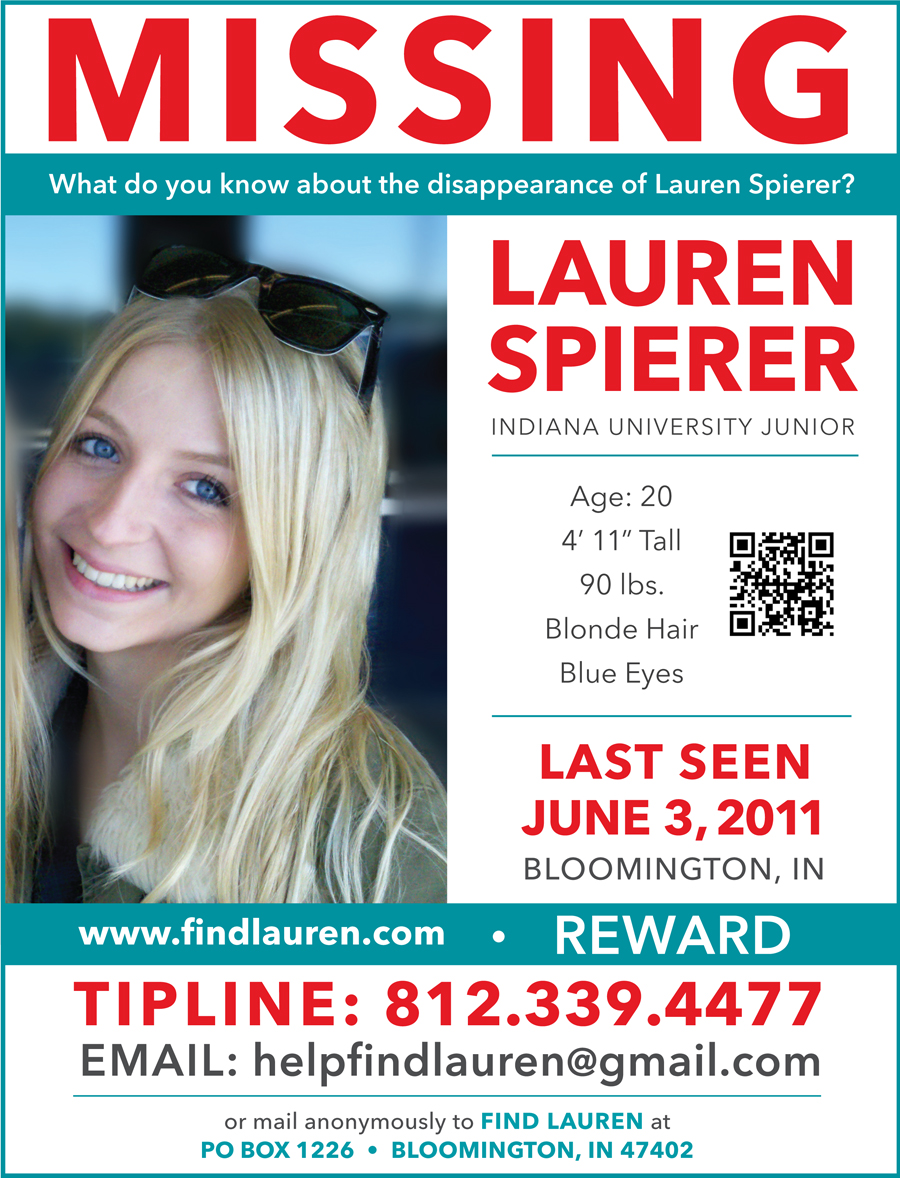

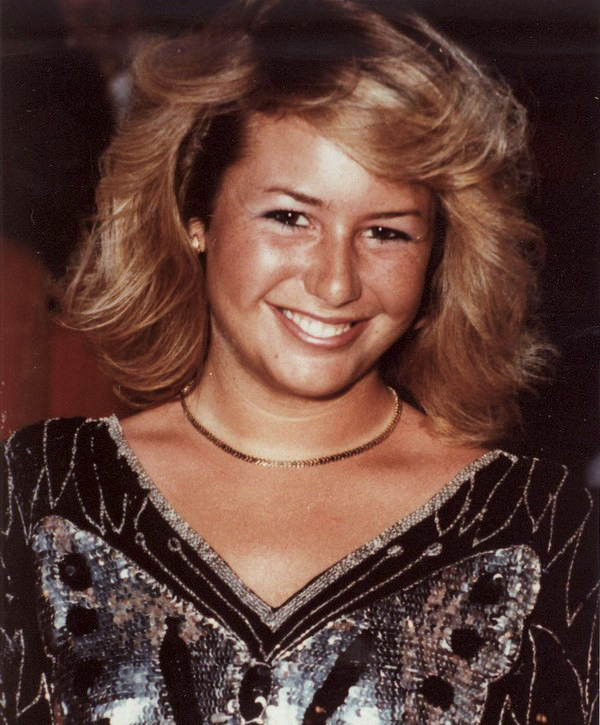


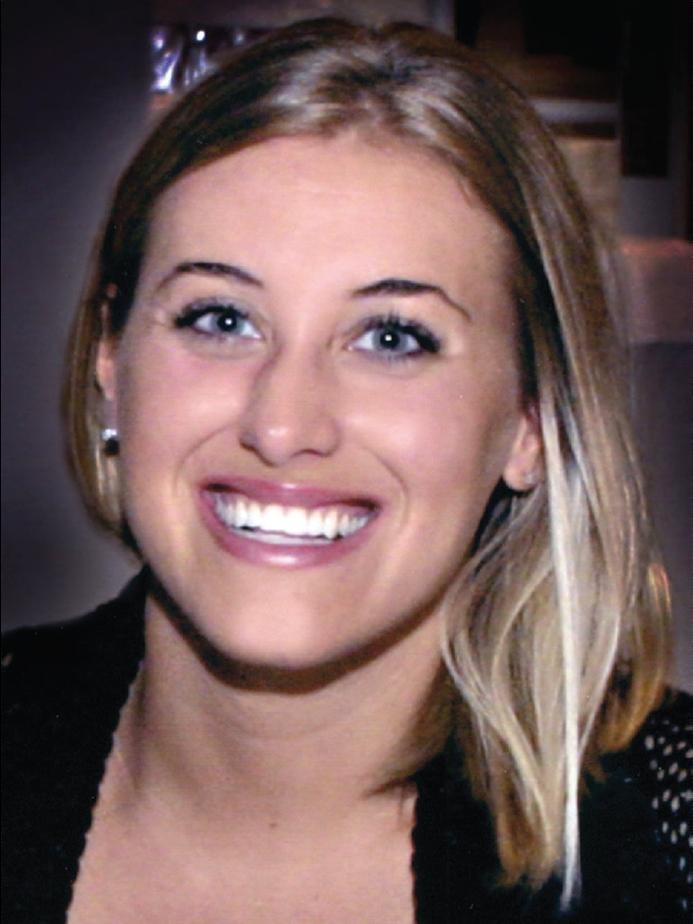






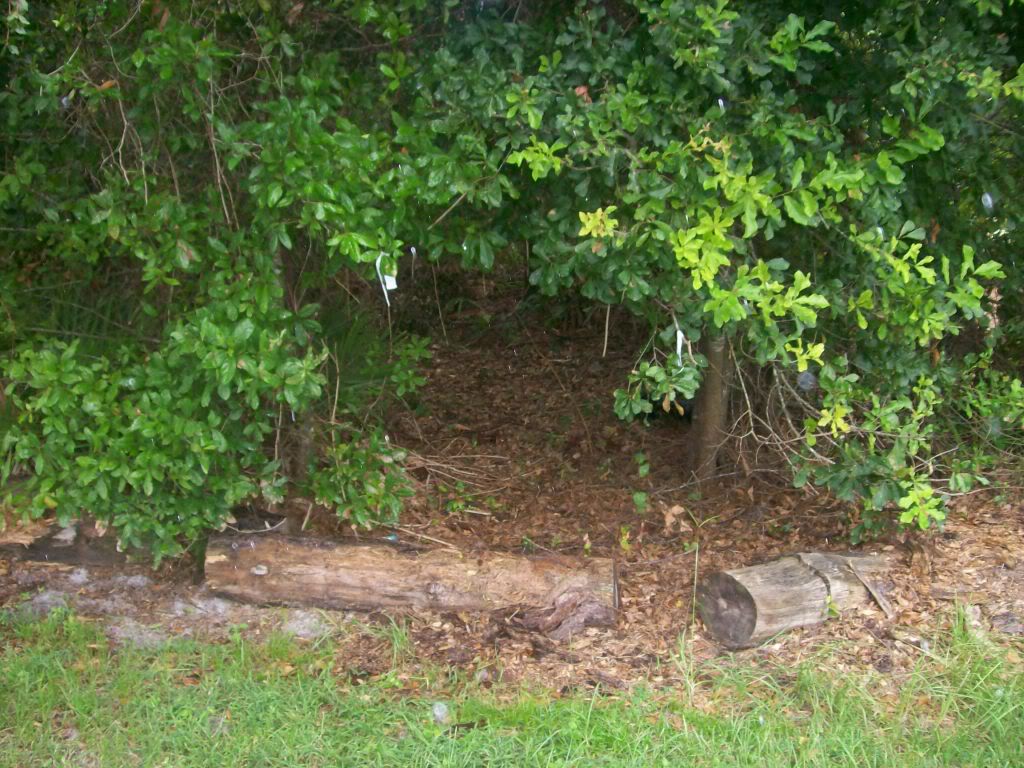
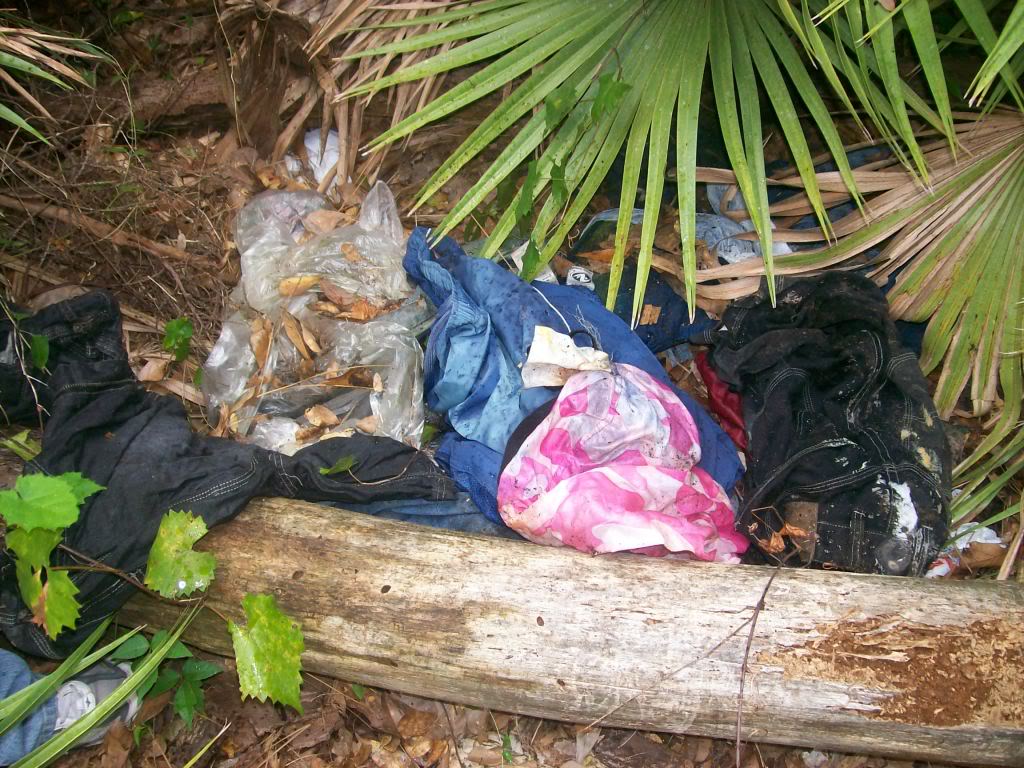
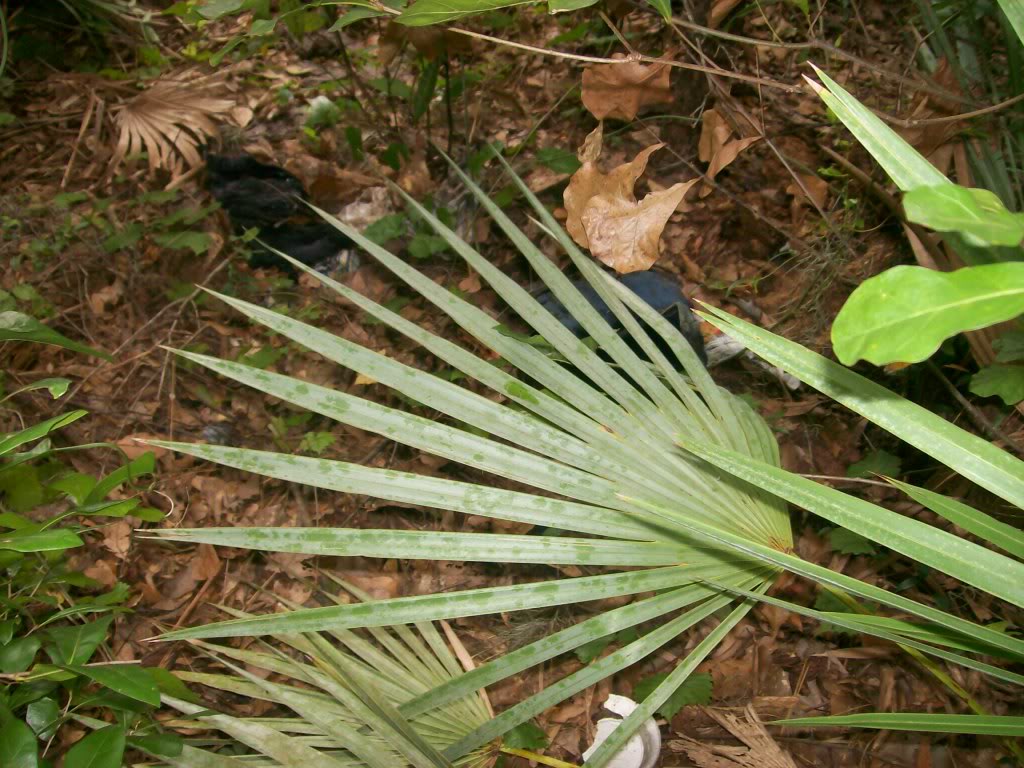
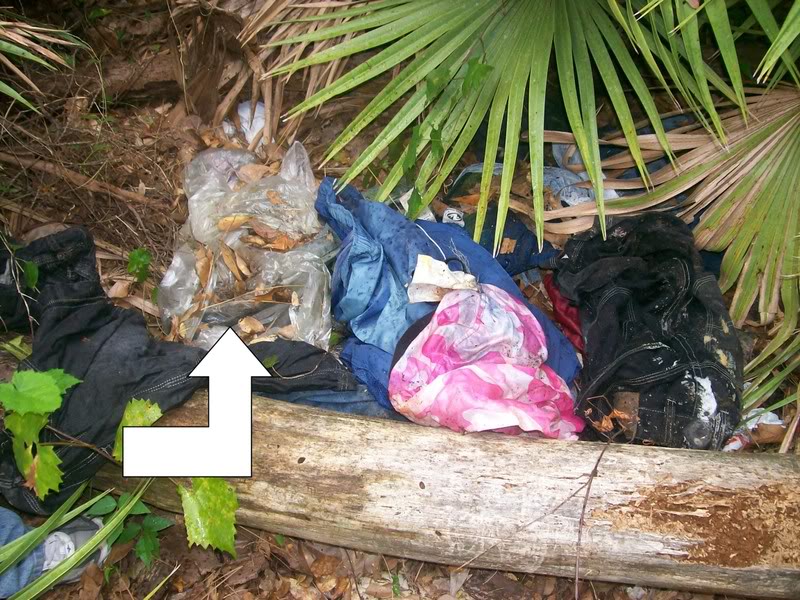

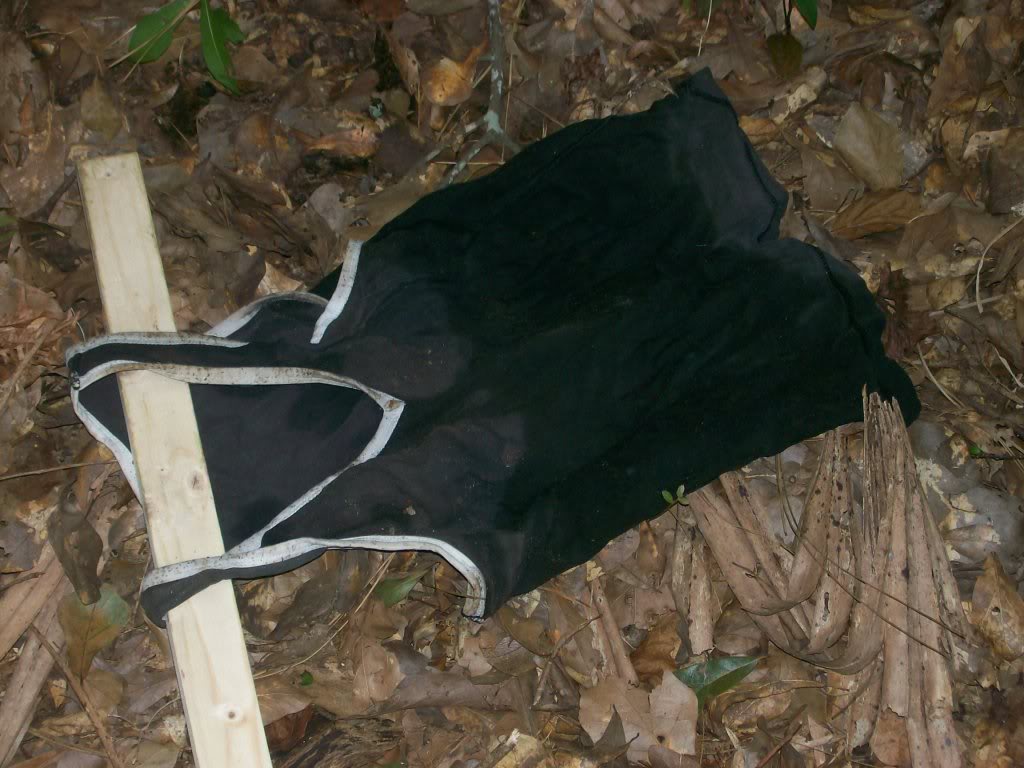
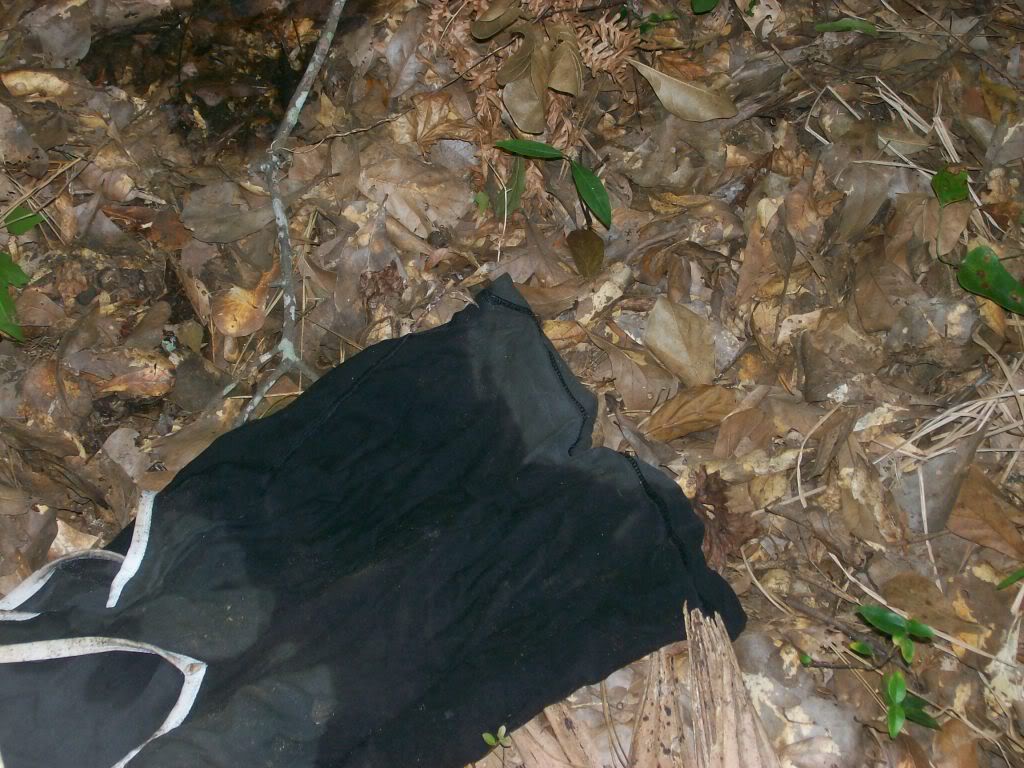








 LEGAL NOTICE
©David B. Knechel. All Rights Reserved. No portion of this site can be reproduced in it's entirety or in part without expressed written permission by the owner/administrator of this site in accordance with the Digital Millennium Copyright Act. Section 512(c)(3) of the U.S. Copyright Act, 17 U.S.C. §512(c)(3). The charges against defendants are mere accusations and the subjects are presumed innocent until found guilty in a court of law.
LEGAL NOTICE
©David B. Knechel. All Rights Reserved. No portion of this site can be reproduced in it's entirety or in part without expressed written permission by the owner/administrator of this site in accordance with the Digital Millennium Copyright Act. Section 512(c)(3) of the U.S. Copyright Act, 17 U.S.C. §512(c)(3). The charges against defendants are mere accusations and the subjects are presumed innocent until found guilty in a court of law.
